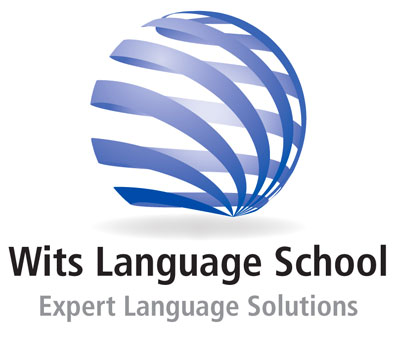Regulated and Accredited TEFL Courses: What does it all mean?
You’ve likely seen the terms while looking for a suitable TEFL provider. Regulated. Accredited provider. 350-hour Master TEFL vs a mere 120-hour TEFL? There are so many questions – and so many different answers. Let’s cut through the jargon and clarify the issues.
Who regulates TEFL courses?
The TEFL industry is, unfortunately, not regulated by an universal body. There are no rules, just common practices. Essentially, it’s up to the individual service providers to regulate themselves within industry standards and practice.
Who accredits TEFL courses?
There are dozens of accrediting bodies worldwide, but these are not specifically for TEFL courses. No accreditation body is better than another. In some cases, the accreditation is little more than an annual subscription fee for providers. Wits Language School is accredited by the University of the Witwatersrand, which is an internationally recognised university, currently ranked in the Top 300 worldwide.
In South Africa, SAQA oversees the accreditation of academic courses, but this means awarding unit standards – or at least aligning to them. TEFL doesn’t have unit standards. However, courses can be aligned to a particular level on the National Qualifications Framework (NQF). All Wits Language School TEFL courses are aligned to NQF Level 5, which is a higher certificate.
Can’t you just say NQF 5 then?
No. The Council of Higher Education decided in late 2017 that non-credit-bearing short courses offered by South African universities could no longer reference NQF levels. TEFL courses fall into this category.
So…how do you ensure quality?
As Wits Language School is part of the University of the Witwatersrand, we’re subject to the same rules, regulations and procedures as everyone else in the University. This means our TEFL course is subject to approval (and re-approval every 5 years) by the University’s Academic and Planning Office – the same office that oversees the degree programmes. Basically, if the people in the big offices don’t think our courses meet the University’s overall academic standards, we don’t have a course!
A longer course is better than just 120 hours, right?
The industry standard for TEFL courses is 120 hours. A 350-hour Master TEFL and a regular 120-hour TEFL certificate carry the same weight, especially for newly qualified teachers. Will you get a better job with a Master TEFL? Unlikely. Will it make you more employable? Probably not. Having a DELTA or a Masters in TEFL as well as extensive experience will bump up your salary and job prospects in the field.
So what DO I need to look for in a TEFL course?
To guarantee that your TEFL will be recognised abroad, look at who accredits the course (you can’t go wrong with university accreditation!), a minimum of 120 hours and at least 6 hours of observed and assessed teaching practice. If the provider doesn’t evaluate your teaching practice, it’s probably best to look elsewhere – after all, practical teaching is exactly what you will be doing on the job, so that feedback and evaluation is crucial!
For more information on TEFL courses from a recognised provider, contact Wits Language School: wls@wits.ac.za | 011 717 4208.

